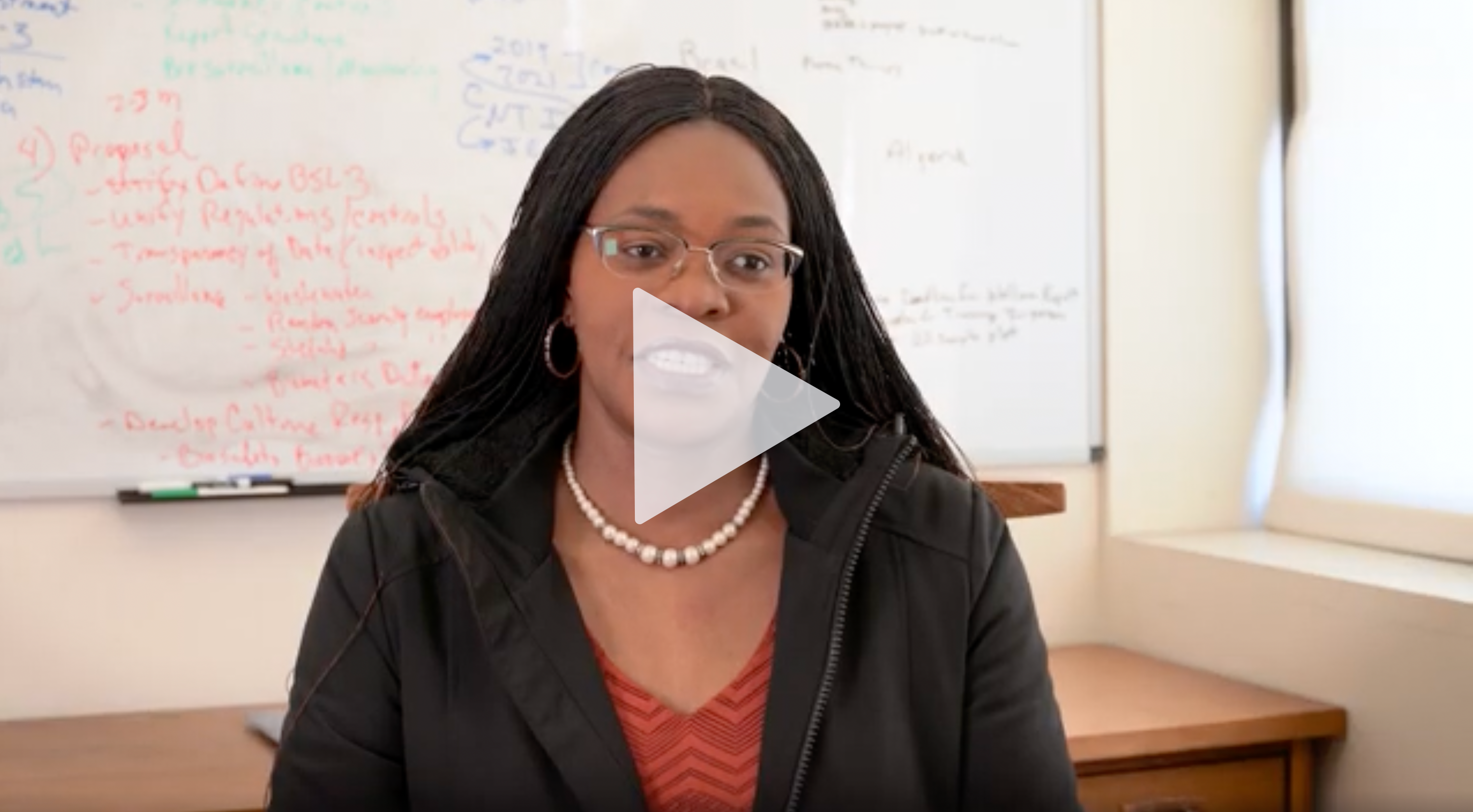
2 minute read
Teaching the World to Prevent Pandemics
JUST OVER A YEAR INTO ITS TRAINING PROGRAMS, THE GLOBAL ALLIANCE FOR PREVENTING PANDEMICS (GAPP) HAS WELCOMED researchers and clinicians from Bangladesh, Germany, Mali, Mexico, Nigeria, and Zambia, as well as personnel from the U.S. Department of Defense, to its Columbia Mailman School lab. They are learning how to use VirCapSeq-VERT, a test invented at the School that detects all known viruses that infect people and other vertebrates and discovers new viruses as well. Using it means the global health community can achieve faster, better awareness of emerging infections with fewer samples to analyze.
GAPP aims to ensure equitable, sustained access to breakthrough diagnostic technology and to promote medical independence and excellent healthcare for all. Each training takes about three weeks. “Then they can return to their lab confident they can use the test effectively, and can train others,” says J. Kenneth Wickiser, PhD, GAPP’s administrative director. A training with Malian partners is one example of GAPP in action: “We have trained their university scientists and their equivalent of the CDC. We are set to supply them with test materials, so they can be up and running, independently.
The work will be done by Malians, in Mali, for Malians,” says Wickiser, adding that countries in the global South do not pay for testing materials. “We provide materials; if necessary, we help secure funds.”
Next up? GAPP will add trainings for BacCapSeq, another test created in the School’s Center for Infection and Immunity. It identifies all bacteria with clinical relevance. Says Wickiser, “The more people who adopt these tests and realize they save lives, the closer we get to the goal of GAPP, which is eventually to put ourselves out of business.”











